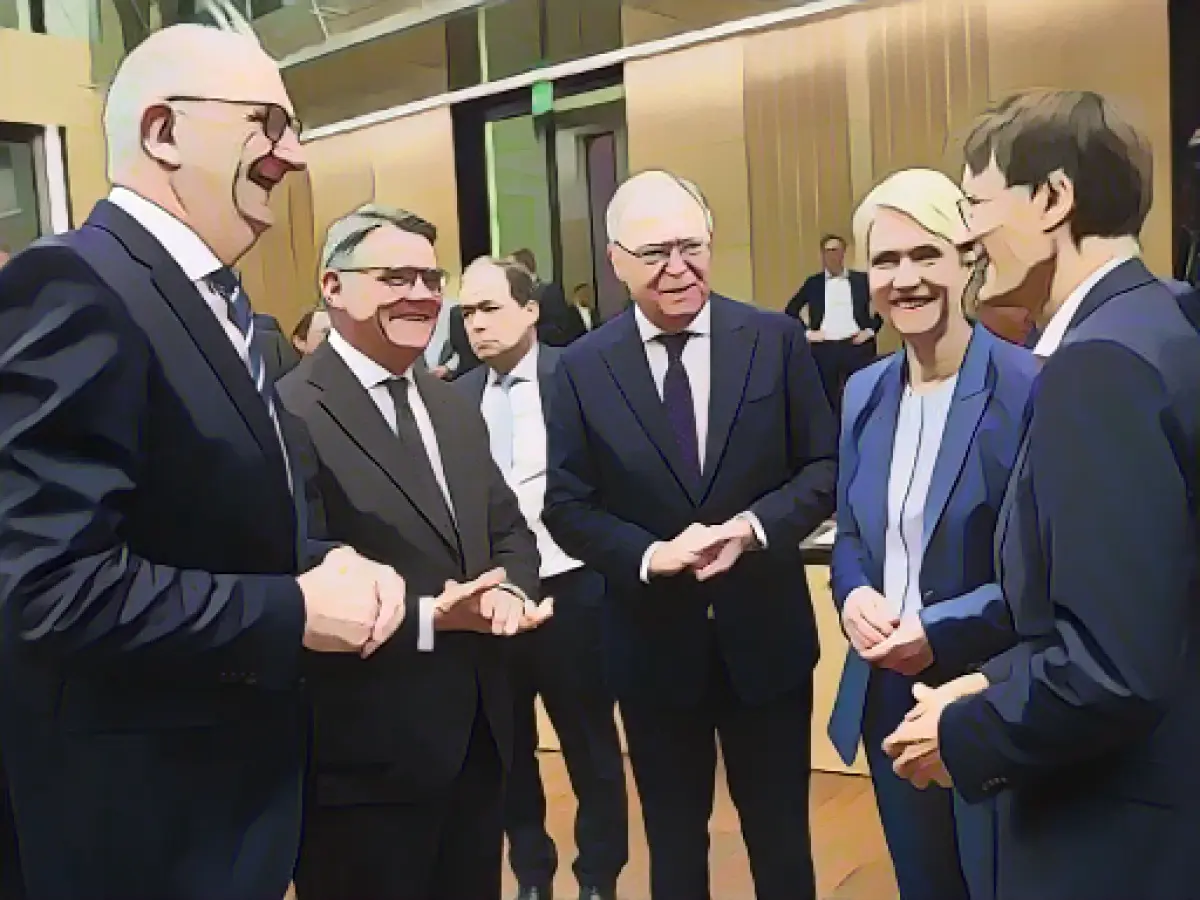Federal Council stops growth package of the traffic light coalition
The Bundesrat (upper house of parliament) has halted the growth package of the traffic light coalition to boost the stagnating German economy for the time being. Due to what it sees as an unfair distribution of costs, the chamber of states called the mediation committee on the so-called Growth Opportunities Act on Friday. A compromise must now be found there. "What is being proposed here is a contract at the expense of third parties," criticized Lower Saxony's Minister President Stephan Weil (SPD).
The law provides for tax relief for companies until 2028 and an acceleration of approval procedures. The relief is to amount to seven billion euros per year. The key point is a bonus for investments in climate protection. 15 percent of expenditure on energy efficiency measures by companies is to be subsidized as direct financial support. The law also contains tax incentives to boost the crisis-ridden housing construction sector. Additional tax incentives for more research are also planned.
Burdens too high for the federal states?
Head of government Weil calculated that the law would result in a total loss of state revenue of 32 billion euros by 2028. According to his calculations, the federal government would contribute around 37 percent of these losses, while 63 percent would be borne by the federal states and local authorities. The municipalities, which are already under great financial pressure, would be asked to pay an additional two billion euros. "We can only issue an urgent warning against this." It is imperative that the municipal level is strengthened and not weakened.
Weil also pointed out that, according to a study by the German Economic Institute, the law is only expected to increase investment by 0.6 percent. "This does not look like we are dealing with a targeted proposal."
Saxony's Minister President Michael Kretschmer (CDU) criticized the unilateral approach of the federal government: "It is of course no way at all and also in no way confidence-building that this law is being presented without consultation, without reasonable cooperation - under the motto: eat or die." You can't work like that. "Our constitution does not provide for that. That is also not the culture of the Federal Republic of Germany. It's simply bad government work." In addition, nobody knows what will happen financially after the Karlsruhe budget ruling. "That's why we need a pause for thought."
The Federal Council's concern over the economic situation prompted their decision to review the proposed tax cuts and incentives in the Growth Opportunities Act, given the potential high burdens on the federal states and local authorities. Critics like Lower Saxony's Minister President Stephan Weil argue that the law's tax reductions could result in significant financial losses for states and municipalities, potentially exacerbating their existing financial pressures.
Source: www.dpa.com








